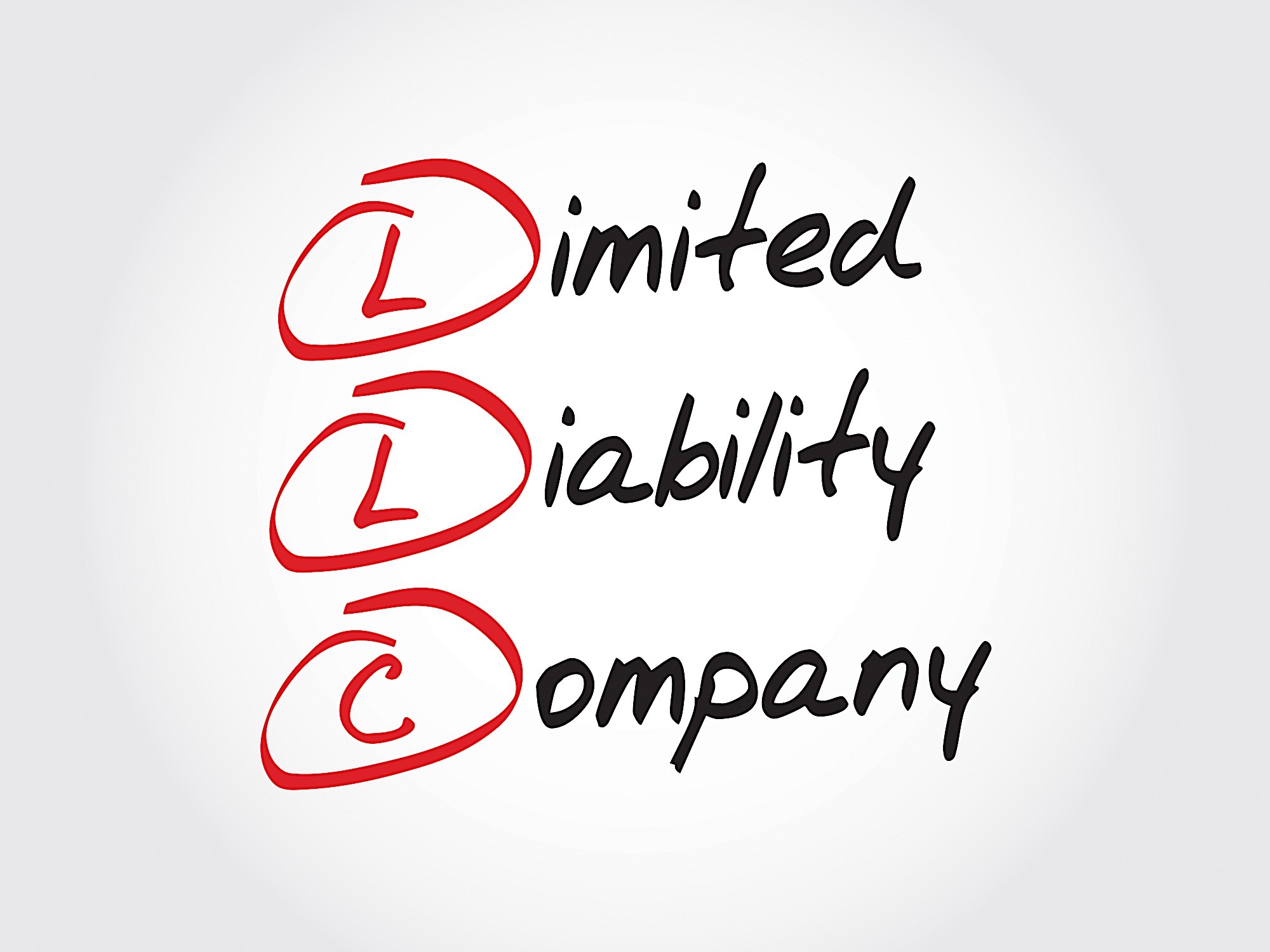If you’re considering starting a location independent business, you’re in luck—the United States is one of the best countries in the world for digital nomads. Not only is there a large market for entrepreneurs, but the legal and business framework is also highly supportive of small businesses.
In this blog post, we’ll discuss the five best states for location independent businesses, based on factors like ease of business registration and taxation. We’ll also touch on the pros and cons of each state so you can make the best decision for your business.
First, let’s discuss your 2 main types of business structures in the US: LLC (limited liability company) and Corporation.
The Lowdown on LLCs

LLCs, or limited liability companies, are one of the most popular business structures for small businesses and startup companies. And it’s no wonder why—LLCs offer a lot of advantages, chief among them being that they offer personal asset protection.
This means that if your LLC ever gets sued or runs into financial trouble, your personal assets like your house or savings account are safe from seizure.
LLCs also tend to have less stringent rules and regulations than corporations, and they’re not subject to double taxation like C-corps are.
That all sounds great, right? So what are the downsides of setting up an LLC? For one thing, banks often see LLCs as higher-risk investments, which means it can be harder to get loans or lines of credit.
The Pros and Cons of Corporations
Like LLCs, corporations offer personal asset protection to their owners. But there are some key differences between the two business structures. First off, corporations tend to have more credibility with customers and investors than LLCs do.
After all, big companies are almost always corporations—think Apple or Walmart—so there’s an air of legitimacy that comes with incorporating your business.
One downside of corporations, however, is that they’re subject to double taxation. That means that the corporation itself gets taxed on its profits, and then shareholders have to pay taxes on any dividends they receive from those profits.
Another drawback is that corporations tend to have more stringent rules and regulations than LLCs do—meaning there’s more paperwork involved in keeping everything above board.
So Which One Should You Choose?
There’s no easy answer when it comes to choosing between an LLC vs corporation. It really depends on your unique business circumstances—like how much money you’re looking to raise from investors or whether you want your business to have a more traditional feel.
In general most startups and small businesses start with an LLC due to its simplicity and lower cost of setup and operation and pivot to a corporation later on if and when needed.
Top 5 States for LLCs for Business Registration

1. Wyoming LLC
Wyoming is often touted as one of the best states for location independent businesses, and it’s easy to see why. The state has no corporate or individual income tax, making it an attractive option for businesses of all sizes.
Additionally, Wyoming has some of the most lenient business registration requirements in the country. You can register your business online in just a few minutes, and there’s no need to have a physical presence in the state. However, one downside of Wyoming is that it does have higher than average sales taxes.
2. Delaware LLC
Like Wyoming, Delaware has no corporate or individual income tax, making it an appealing destination for businesses. The state also offers a number of advantages when it comes to business formation and operation.
For example, Delaware allows companies to designate a “registered agent” who can receive service of process on behalf of the company—this person can be located anywhere in the world, which is ideal for businesses with no physical presence in Delaware.
One potential downside of incorporating in Delaware is that it can be more expensive than other states—namely because you’ll need to pay annual franchise taxes regardless of whether your company earns a profit.
3. New Mexico LLC
If you’re looking for a sunny place to incorporate your location independent business, New Mexico might be the perfect option. The state has no corporate income tax and relatively low individual income taxes, making it an attractive destination for business owners.
Additionally, New Mexico has very simple LLC formation requirements—you can even form your LLC online in just a few minutes. However, one downside to New Mexico is that it does have higher than average sales taxes.
4. Nevada LLC
Nevada is another great choice for businesses looking for sunny weather and lenient incorporation requirements. The state doesn’t have any corporate or individual income taxes, making it an enticing destination for entrepreneurs.
Nevada also doesn’t require LLCs to have a physical presence in the state—you can designate a registered agent who can receive service of process on behalf of the company.
One potential downside to incorporating in Nevada is that there is an annual fee associated with maintaining your LLC—this fee is based on the number of shares your company has issued.
5. Florida LLC
Florida rounds out our list of best states for location independent businesses thanks to its simple LLC formation requirements and welcoming attitude towards entrepreneurs.
Unlike some other states, Florida doesn’t require LLCs to have a physical presence in the state—you can designate a registered agent who can receive service of process on behalf of the company.
Additionally, Florida has no personal income tax, which means more money in your pocket to invest back into your business. However, one potential downside to incorporating in Florida is that the state does have higher than average sales taxes.
Conclusion
There are many factors to consider when deciding which state is best for your location independent business. However, based on our research, these five states rise to the top: Wyoming, Delaware, New Mexico, Nevada, and Florida.
Each state has its own unique advantages and disadvantages, so be sure to weigh all factors carefully before making your final decision.
Read Also:
- How to Choose a Right Business Location?
- Delaware Corp vs LLC: Which is The Best For Your Business?
- 4 Benefits of Forming Your LLC in Montana
Author: Julien K
















